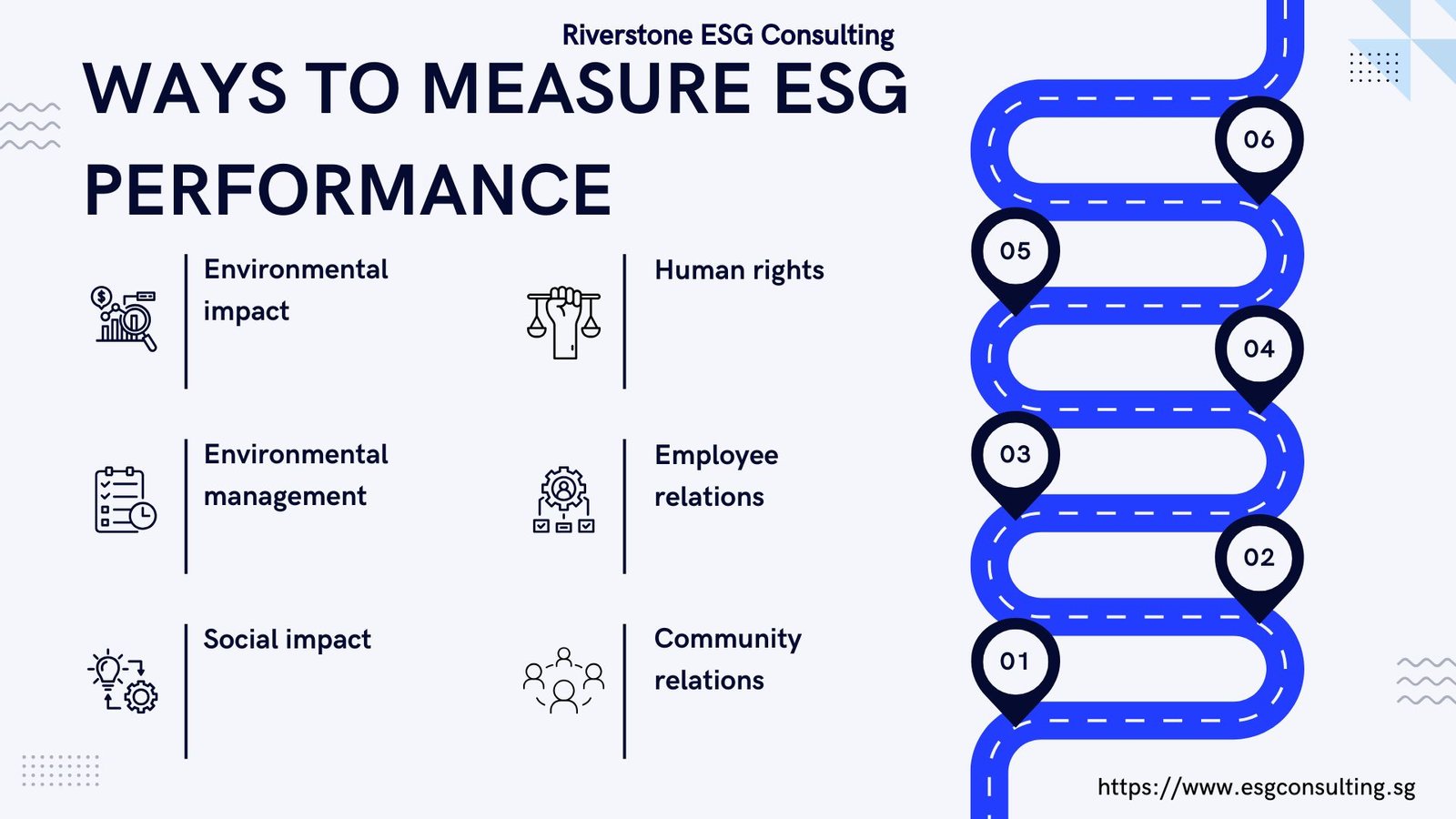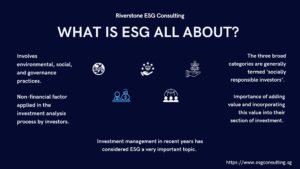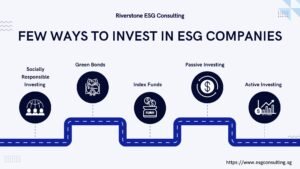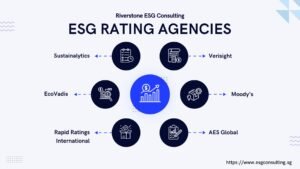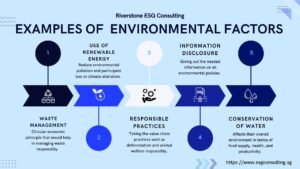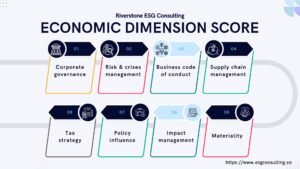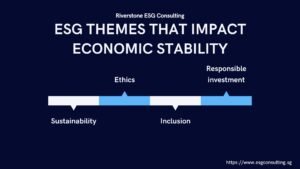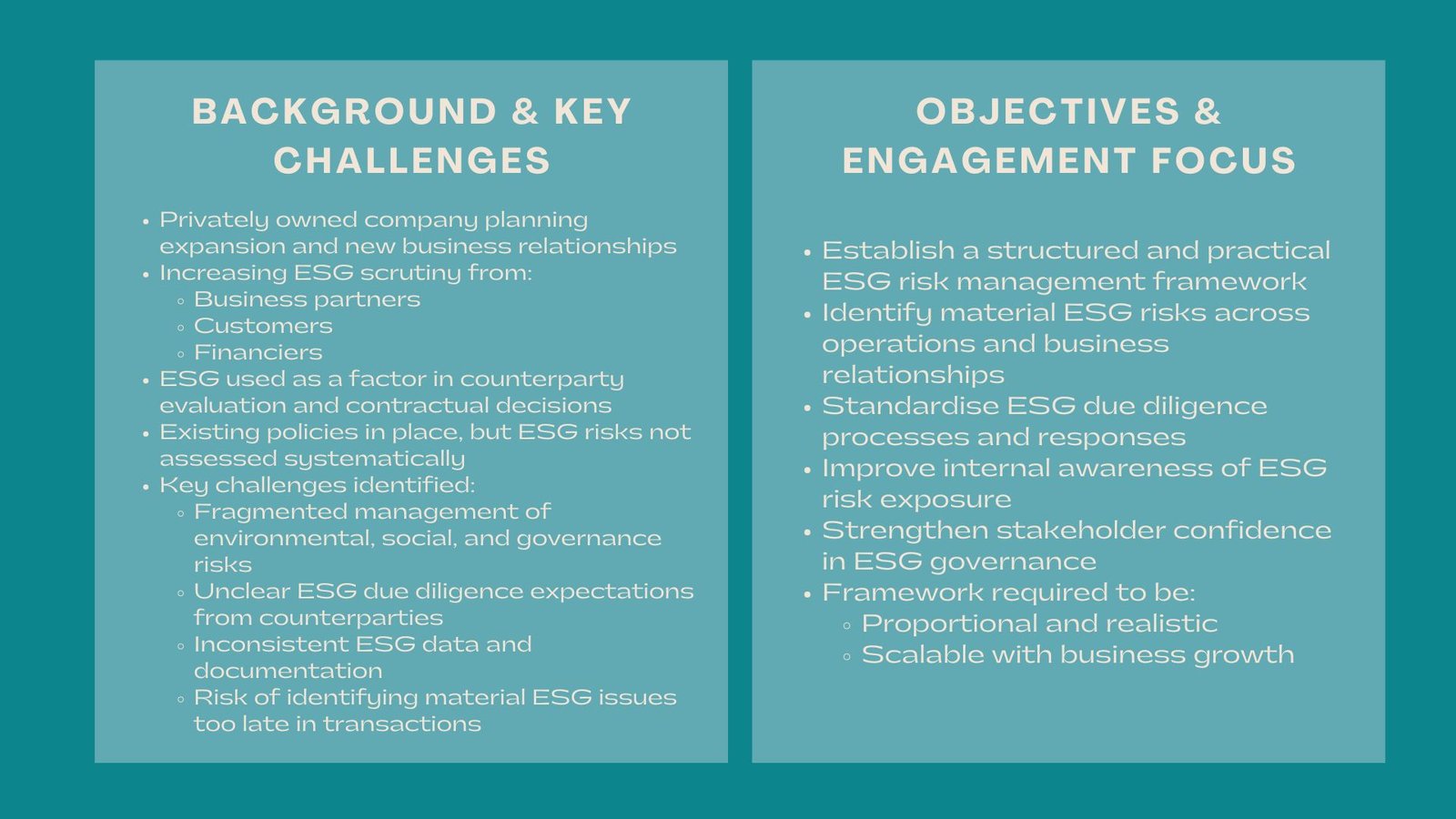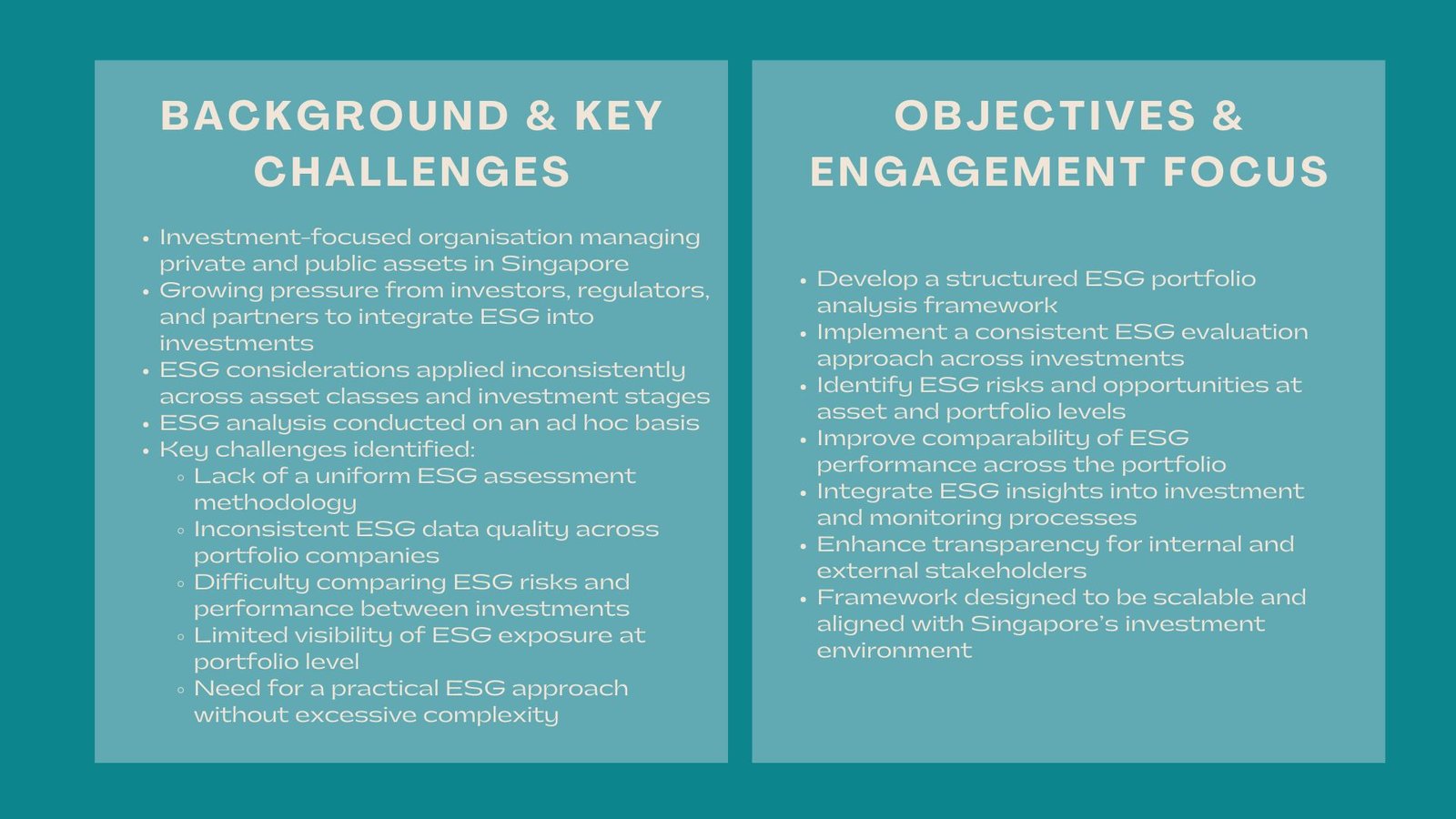The Future of Investing: ESG Considerations for and Beyond
Why ESG Matters to Indonesian Investors in 2025: Sustainable & Responsible Investing for Better Returns.
ESG factors are important because they can affect a company’s bottom line.
- Speed: ESG investing helps investors and companies perform better and jerking them ahead and up to speed with the market.
- Sustainable economy: the implementation of ESG in the financial sector and other sectors is a process that supports and helps develop the economy.
- A recent study by MSCI found that companies with stronger ESG profiles delivered better risk-adjusted returns than those without them.
ESG Drives Value for Singapore Companies: Enhancing Performance Through Sustainability & Good Governance.
- Startups seeking funds have better chances of getting funds from investors.
- Companies that implement ESG practices and policies have increased financial advancement and optimization.
- Fines and sanctions including other regulatory and legal interventions are reduced.
ESG Trends: Sustainable Finance, Climate Focus, and Social Impact in 2025.
- Various key trends are emerging as the demand for ESG investing increases.
- These trends range from climate change to social chaos.
- The issues and concerns on the relationship between sustainability and the financial system have been raised by the coronavirus pandemic.
- CFA Institute is the leading institute in the financial industry. They are focused on:
- Creating useful research.
- Assembling professionals and practitioners for conversation and
- Establishing principles that help to facilitate the mainstreaming of ESG investing.
Investing with ESG : Integrating Sustainability into Your Investment Decisions.
- Investing in companies that have good ESG factors can be an effective strategy.
- For example, including ESG metrics when filtering for stocks to buy, helps avoid investing in companies with poor environmental or social records.
- ESG Investing is growing in popularity.
- According to Preqin research, 6% of institutional investors considered ESG factors when making investment decisions in 2014.
- That number has more than doubled to 20% by 2021.
How to Invest in Sustainable Companies: Funds, Stocks, and Green Finance Options.
- Socially Responsible Investing (SRI): Socially responsible investing is the most common way to invest in ESG companies. SRI funds avoid investing in any company that has poor ESG factors.
- Green Bonds: Green bonds are bonds that are marketed to environmentally conscious investors.
- Index Funds: Index funds are a type of mutual fund that tracks an index.
- Passive Investing: Passive investing is an investment strategy where investors buy a diversified portfolio of assets and hold onto them long-term without constantly trading in and out of assets.
- Active Investing: Active investing is an investment strategy where investors buy individual stocks or try to time the market by buying and selling assets frequently.
Ways to measure ESG performance in Singapore.
There are many different ways to measure ESG performance, but some common ones include:
- Environmental impact: – This looks at how much a company’s products or services damage the environment.
- Environmental management: – This looks at how well a company is managing its environmental impacts.
- Social impact: – This looks at how a company’s products or services affect society.
- Human rights: – This looks at how well a company respects human rights.
- Employee relations: – This looks at how well a company treats its employees.
- Community relations: – This looks at how well a company interacts with the local community.
Challenges of inconsistent ESG reporting standards
When companies follow different ESG reporting standards, comparing their performance can feel like apples to oranges. This inconsistency creates confusion for investors trying to make responsible choices. Our ESG investing guide helps you cut through the noise, understand what matters, and make more confident, informed investment decisions.
Risks of greenwashing in ESG investments
When companies follow different ESG reporting standards, comparing their performance can feel like apples to oranges. This inconsistency creates confusion for investors trying to make responsible choices. Our ESG investing guide helps you cut through the noise, understand what matters, and make more confident, informed investment decisions.
Market performance risk in ESG-focused portfolios
ESG investing is about doing well and doing good—but balancing those goals isn’t always easy. Portfolios that screen out certain industries may face short-term volatility. Our ESG investing insights explore how to manage performance risks without compromising your sustainability principles.
How to manage the lack of granularity in ESG data
ESG data can sometimes feel too broad or vague to be useful. Without detailed insights, making sound investment decisions becomes tricky. Our ESG investing resource shows you how to work with limited data, ask the right questions, and dig deeper to find real value.
Addressing the limited scope and coverage of ESG reporting
A lot of ESG reports skip over key issues—like supply chain risks or overseas operations—leaving blind spots in the big picture. Want to know how to read between the lines? Our ESG investing overview helps you spot what’s missing and assess ESG impact more thoroughly.
Reputational risks for companies with poor ESG practices
When a company stumbles on ESG, the damage goes beyond fines—it can cost them investors, customers, and their reputation. Avoiding these risks starts with knowing what to look for. Our ESG guide walks you through how to evaluate ESG performance and protect your investments from long-term fallout.
Balancing financial returns with ethical ESG considerations
Investing with purpose doesn’t mean giving up on performance—but it does take some thought. How do you stay true to your values and still aim for solid returns? Our ESG investing guide explores real-world strategies for finding that sweet spot between ethics and earnings.
